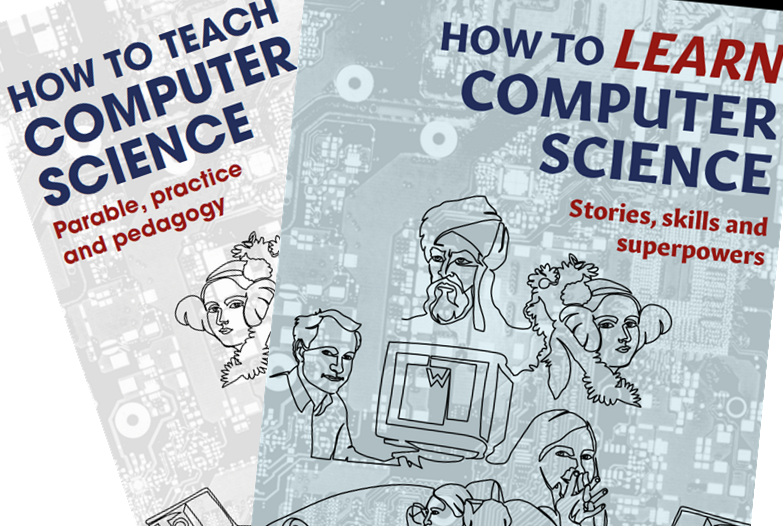A previous blog post made it clear how I feel about the subject being called ICT. I even sent an email to all internal stakeholders this year making clear the distinction between Computing (National Curriculum title and the name of the KS3 subject), and Computer Science (the name of the qualifications we offer in KS4 and 5). We do not teach ICT.
ICT was characterised by practical skills: learning how to use software for purposes such as office productivity, communication, control systems and simulation. But Computing is a different beast: we teach the foundations, applications and implications of Computing. The KS3 section of the national curriculum document here contains a summary of the learning objectives in bullet points, each one beginning with a verb such as “understand”, “design”, “use” or “create”. without looking, have a guess what percentage of bullets begin “understand”. Answer after the ad…
The KS3 National Curriculum LOs include five bullets beginning “understand” and the other four are “use”, “design”, “undertake… projects” and “create, reuse and revise”. So five out of 9 or 55% of the LOs require acquisition of knowledge. There is no need to involve a computer in any of these, and much of the other objectives can also be taught without a computer.
Don’t get me wrong, I love using computers in my teaching, but I don’t feel I have to for much of the curriculum. So much is knowledge and understanding, that teaching it is just teaching. Techniques that work in the history classroom or the science classroom will work just as well in the computing classroom. It’s not ICT.
This blog was prompted by a request on Facebook for an “urgent unplugged lesson for Year 7”. My response was “teach whatever is on your curriculum for that day, just do it without computers.”. The national curriculum is more than 50% “understand”. Teach them to understand.
